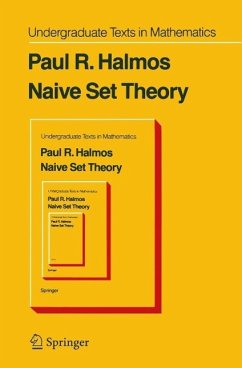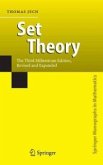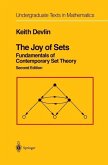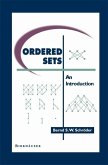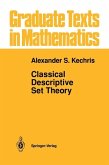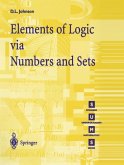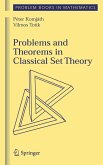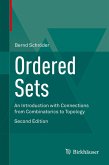Dieser Download kann aus rechtlichen Gründen nur mit Rechnungsadresse in A, B, BG, CY, CZ, D, DK, EW, E, FIN, F, GR, HR, H, IRL, I, LT, L, LR, M, NL, PL, P, R, S, SLO, SK ausgeliefert werden.
"This book is a very specialized but broadly useful introduction to set theory. It is aimed at 'the beginning student of advanced mathematics' ... who wants to understand the set-theoretic underpinnings of the mathematics he already knows or will learn soon. It is also useful to the professional mathematician who knew these underpinnings at one time but has now forgotten exactly how they go. ... A good reference for how set theory is used in other parts of mathematics ... ." (Allen Stenger, The Mathematical Association of America, September, 2011)

